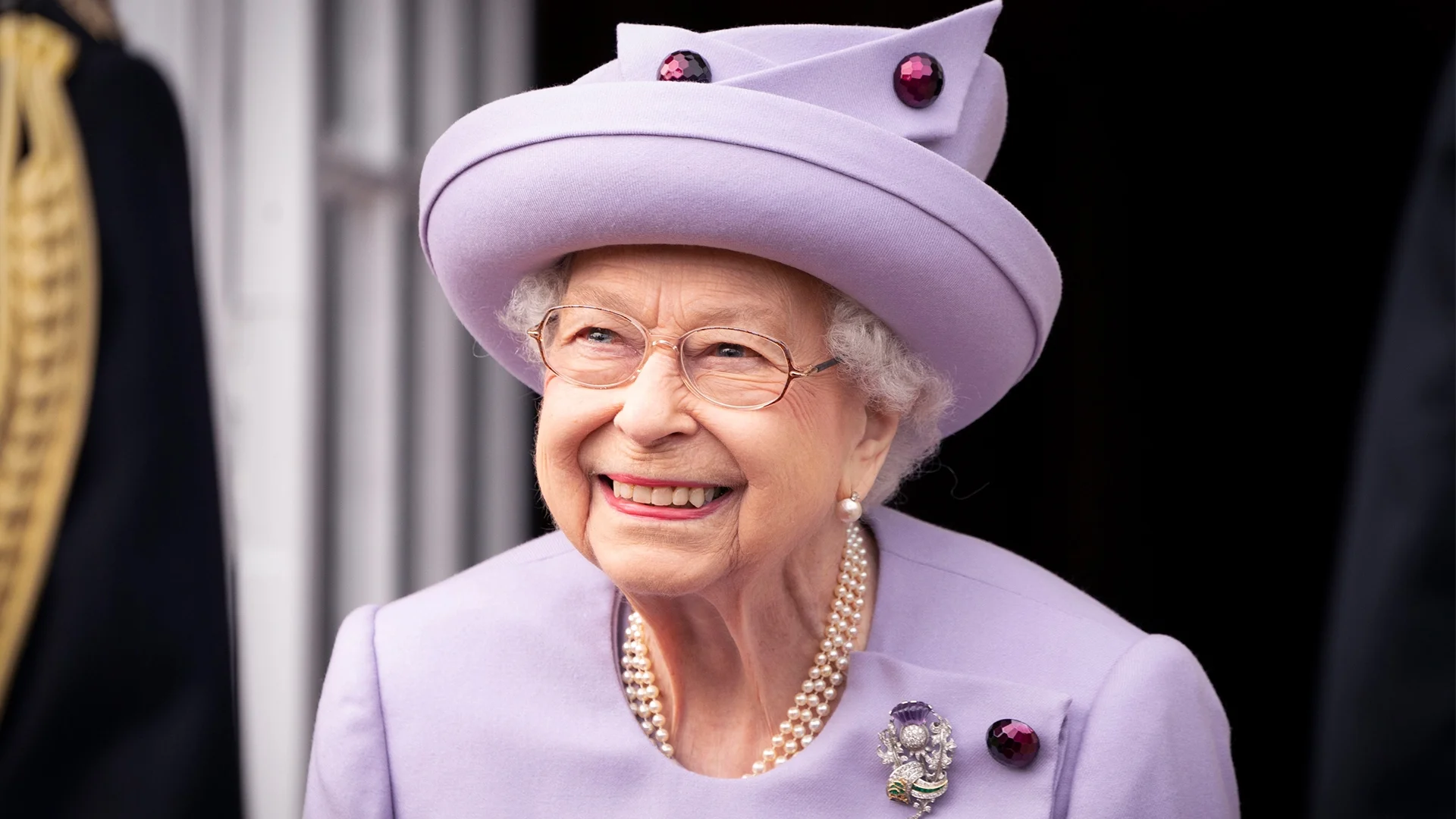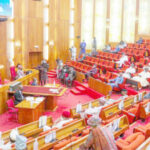It has been nearly two weeks since arguably the world’s most famous monarch, Queen Elizabeth II, died at her Scottish estate, Balmoral. Since then, the inks have not stopped flowing in celebration of her life and reign, even as she is being laid permanently to rest today.
Most of what have been written about her, and the institution she led, since then, has centred on two flanks. On the one hand, many have remembered her for her grace, humour and longevity in service. On the other hand, however, some people have had more conflicted views on the relevance of the British monarchy and its colonial past. Which is which for us here in Nigeria?
- 94% of Nigeria’s primary health centres lack access to clean water — UNICEF
- Niger road collapses twice in one week
In the main, the late queen’s life and reign have been celebrated here too, with reams of articles in the print press, more positive analyses of her reign on the radio and TV, and of course, memes of all sorts on various social media. Still, it was a Nigerian, Dr. Uju Anya, who fired one of the first critical salvos against the queen and the monarchy in a tweet that had since been taken down. Just a day after the queen died, Anya had tweeted: “I heard the chief monarch of a thieving raping genocidal empire is finally dying. May her pain be excruciating.”
This immediately caused a Twitter-storm with hundreds of thousands of people around the world, among them Amazon founder, Jeff Bezos and the British controversial TV host, Piers Morgan joined in condemning her tweet. Even in Nigeria here, Dr Anya has been roundly condemned. But of course, thousands of others have also praised her tweet and wrote in her defence. Anya’s point is rather personal. Her grouse against the queen was rather about the support the British monarchy and government gave to the Nigerian side during our unfortunate civil war in the late 1960s, which, Anya says, led to the “genocide” that killed members of her family.
But quite frankly, taking the side of one party in a post-independence civil war of a former colony is not exactly what most people in Africa, Asia and the Caribbean think or talk about when they examine or criticise the legacies of British colonial past. The single most important cause of Nigeria’s civil war was the 1966 coup. Anyone who cannot feel for what happened in that brutal coup and could not see the connection between it and the unfortunate war that followed, and indeed, the sad story that has been Nigeria since then, probably shouldn’t go about wishing others “excruciating pain” at the time of their death. It is about time that simple fact is accepted and rested, so that we all can move on as a nation.
The broader questions of the violent form in which British colonial disengagement in southern Africa particularly-in places like Kenya, Zimbabwe and South Africa for example-as elsewhere in the world, and of the extraction of colonial cultural and material resources for the benefit of the empire are legitimate. A tweet in bad taste by one individual should not necessarily prevent us recognising that, for all the so-called gains of Africa’s colonial experience, the pains have been much more.
But away from all these debates, there are at least three other lessons that I think recent events from the British monarchy can teach us here in Nigeria as a former colony. The first is the swiftness of the transition from Queen Elizabeth II to King Charles III. In almost the same breath as the announcement of her death, her successor was also named and proclaimed, such that the end of the era of the Queen and the beginning of that of the King was not more than a few seconds. At the same time as King Charles grieves his mother’s death, he has also been performing the roles of the reigning monarch: creating his son as Prince of Wales, his wife as Queen Consort, and meeting with the parliament and heads of government in each of the four nations of the UK.
All of these simultaneous actions speak volumes about the continuity of the British monarchy from one generation to the next and the roles it plays in their cultural, and political life. That is a lesson for us in Nigeria: we must codify the processes of succession in our own monarchies in a way that no one, no governor or president, and no kingmakers can trample upon. The loss of stature of our monarchies, and the cultural and traditional role they play in our own society, has been in part because of the ambiguous and vulnerable succession rules that make it easy for anyone with the power and intent to toy with. I think we must reverse that.
The second is the constitutionality of the British monarchy which has loomed large throughout the past few weeks. Two days before her death, the Queen “granted permission” to the new Prime Minister, Liz Truss, to form her new government. She was also scheduled to attend a Privy Council meeting with the new cabinet, which was ultimately shelved owing to her ill-health and eventual death. King Charles III will attend that meeting in due course, and assume all the governmental functions of the monarch. For all the talk about only a “ceremonial” head of state, the reality is that the monarch in Britain is deeply involved in government and has wide governmental and political powers that are backed by their uniquely unwritten constitution.
I personally see no reason why our own Emirs and Obas should have no formal roles in our constitutional arrangement. Indeed, if there is one single lesson of the British-indeed European-colonial experience in Africa, it is that it was based on the false imaginary that our own traditional rulers and institutions are bad for a “modern” government, whatever that means, while at the same time sticking rigidly to their own monarchy and traditional institutions.
After 60 years of independence, I can see no reason why we still could not muster the courage to reject this false imaginary. What has been in full display over the last two weeks is how culture, tradition, and religion loom so large in British political and constitutional life. There is absolutely no reason why we should not also learn this lesson. There is no reason, for example, why we should subordinate an Emir or an Oba to the flimsy whims of a governor or a local govermment chairman, simply because we want to burnish our credentials in ‘modern’ government. There is absolutely no reason why an important figure in our own cultural setting like the Sultan of Sokoto should have no formal role in our constitutional setting.
All of which brings me to third lesson: there is no separating culture and tradition from politics and government in any human society. Notice all the events and proceedings from the announcement of the queen’s death, to her lying at rest in the Palace of Holyrood in Edinburgh, to her movement to Buckingham Palace and lying-in-state at Westminster Hall, to her burial today at Westminster Abbey, and of course the announcement and proclamation of King Charles III, to all the functions he has discharged so far towards his mother’s farewell or to the state, to the role of the Church of England in all through, all of these things have been steeped in long running culture and tradition that date back centuries, which they then subsume as aspects of their “constitutional monarchy”.
By contrast in Nigeria, however, we have willfully thrown away all of these things in the name of a modernity that is neither here nor there. I think it is not too late to retrace our steps and reclaim what is good in our culture and tradition, and give them constitutional backing. We must do this if we must not keep groping in the dark.

 Join Daily Trust WhatsApp Community For Quick Access To News and Happenings Around You.
Join Daily Trust WhatsApp Community For Quick Access To News and Happenings Around You.


